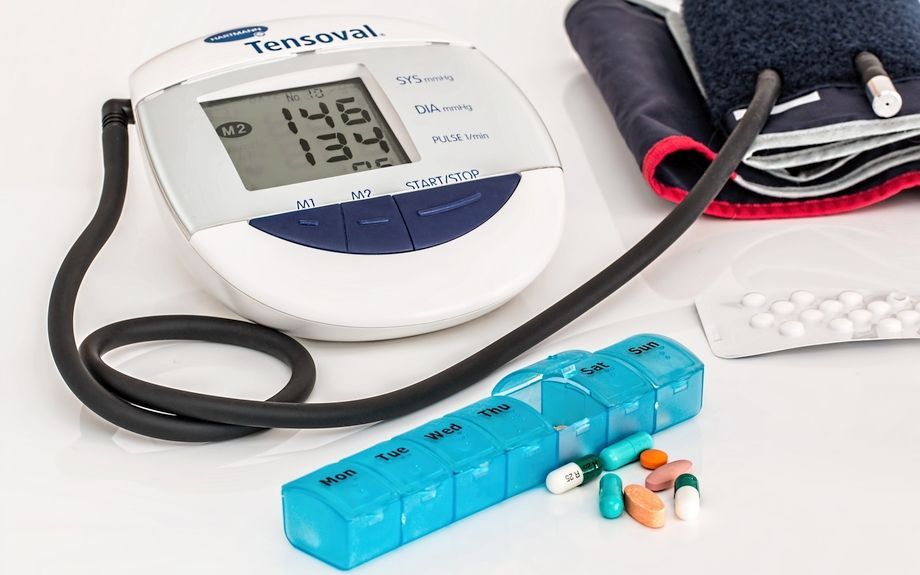The Importance of Hydration
The importance of drinking enough water cannot be understated. Dehydration can lead to a number of health problems, including digestive issues, poor nutrient uptake, respiratory dysfunctions, and skin conditions.
The post The Importance of Hydration appeared first on Hands On Healing.



